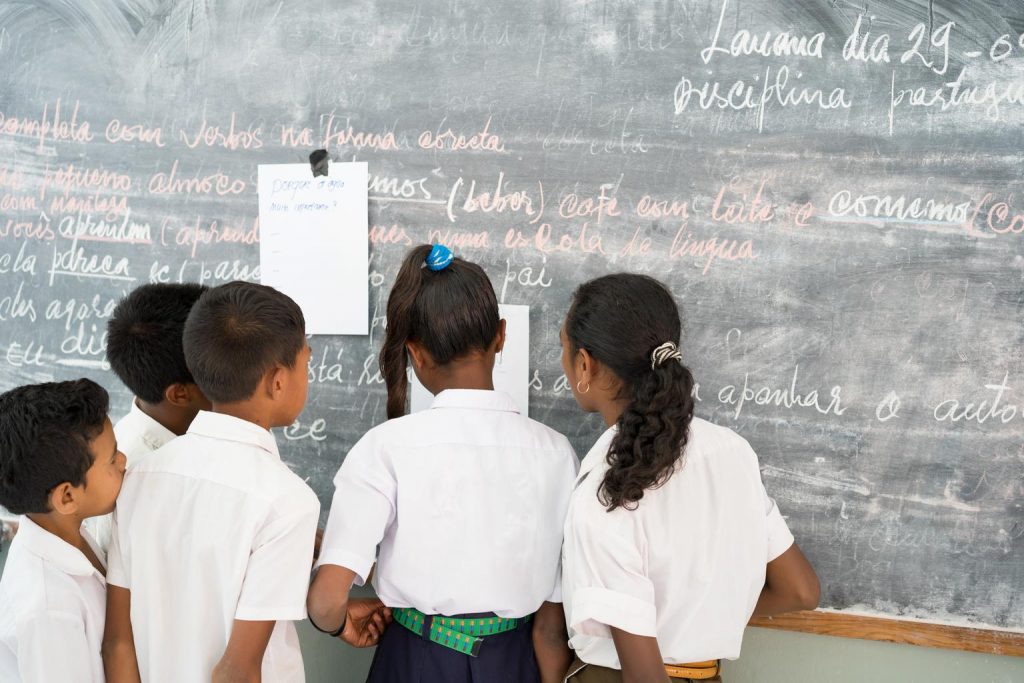Against the context of underlying poverty, HIV/AIDS and an over-stretched and underresourced education system, many children in Malawi have reduced and sporadic access to schooling and are at risk of permanent dropout. Evidence from the sub-Saharan Africa(SSA) region suggests that a disproportionate number of marginalised children are those orphaned and made vulnerable by HIV/AIDS. International goals for Education for All (EFA) will not be realised unless education systems can reach out to and retain these children. More needs to be done in schools to address their specific needs and support their access to learning. Acknowledging this, there is a growing call for conventional primary schooling to become more open, flexible and inclusive.This report introduces a model of education that uses open, distance and flexible learning (ODFL) to strengthen and support access to learning within conventional schools.
The model utilises low-tech ODFL strategies – including self-study guides, peer group learning, a buddy system, and ‘school-in-a-box’ – to enrich and complement formal schooling. It also promotes an enabling environment within schools through increasing school and community capacity in identifying, monitoring and providing pastoral care for vulnerable pupils, as well as promoting practices to support greater inclusion. This report presents findings from a three-year collaborative research study working within the SADC region (the SOFIE project), which developed and trialled this model. In Malawi the model was trialled in schools in two rural districts – Phalombe and Mzimba South – targeting Standard 6 pupils.The research used an embedded experimental design to collect and analyse both quantitative and qualitative data, following a mixed methods approach



